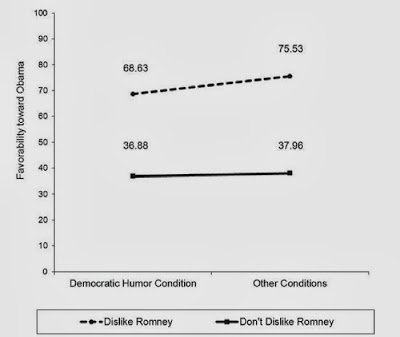Remarks from our Election 2016 Teach-In

So many of us have had a hard time making sense of the 2016 Election outcome and that is particularly true across America's college campuses. Last night, we held a Teach-In on the Loyola University Maryland campus. Selected administrators and faculty were invited to share their reflections on the election and engage in a dialogue with students, other faculty, administrators and staff about how we move forward as a community. It's been a while since I've blogged, but I thought I would share my remarks here in case they can be helpful to other students and colleagues who weren't at the forum but are still processing the election outcome. So here goes: My biggest challenge with this election outcome was how to explain it at home. As many of you know, I have an almost five year old daughter and a 2 1/2 year old son. My daughter, Nora, became very interested in the election and very supportive of another“girl” being in the White House. She is firm in her belief that Mi...


